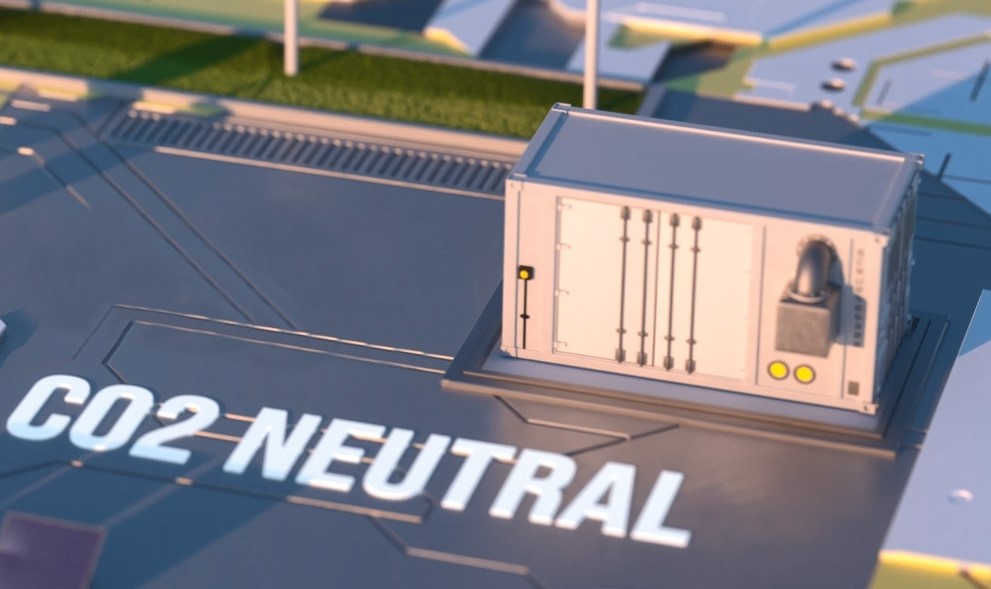The Netherlands – NorthC, the Netherlands’ largest regional data center company, is taking an important new step toward greater sustainability.
The company’s facility in Groningen, in the northwestern Netherlands, will be the first in Europe to install green hydrogen-powered fuel cells. This will result in significant CO2 emission reductions. NorthC is looking into whether hydrogen technology can be used in the company’s other data centers.
There is a heated debate about the long-term viability of data centers. Energy consumption is an important consideration, but demand for data center services is increasing. The required growth can only be achieved in a sustainable manner by investigating alternative forms of energy. The European data center industry has agreed to operate entirely carbon-neutrally by 2030. Hydrogen cells are a promising technology for accomplishing this.
Power supply
In the event of a power outage, data centers typically have several diesel-powered emergency generators to ensure the availability of the digital services on which our society depends. Although these diesel generators are rarely used, they should be checked on a monthly basis to ensure that they are in good working order. This process necessitates the use of diesel fuel, which, given the large number of emergency power generators in all of our country’s data centers, amounts to a significant amount of diesel.
The 500 KW hydrogen cell module that will be installed in Groningen’s new NorthC data center will save tens of thousands of liters of diesel per year. More than 78,000 kilograms (78 tons) of CO2 would be produced if this amount of diesel was burned. That is the equivalent of 24 cars driving the average number of kilometers driven by Dutch people (32 km per day) in a year, or 20,000 smartphones being charged every day for a year. When green hydrogen is burned, only water (H2O) is released. As needed, additional hydrogen modules can be added.
Service life
The hydrogen cells that will be installed in the Groningen data center will be more expensive than traditional diesel generators. However, because of rapidly rising fuel prices and the continued development and growth of the hydrogen sector – particularly in the Groningen region – the costs are expected to fall rapidly. Furthermore, hydrogen cells have a service life of 20 years or more. NorthC is investigating whether it is possible and cost-effective to convert existing diesel-powered generators to hydrogen-powered generators. While less efficient than hydrogen fuel cells, which convert H2 directly into electrical energy, it would reduce emissions by more than 80% and contribute to long-term sustainability.
Groningen’s hydrogen cells are expected to be operational by the middle of June.





